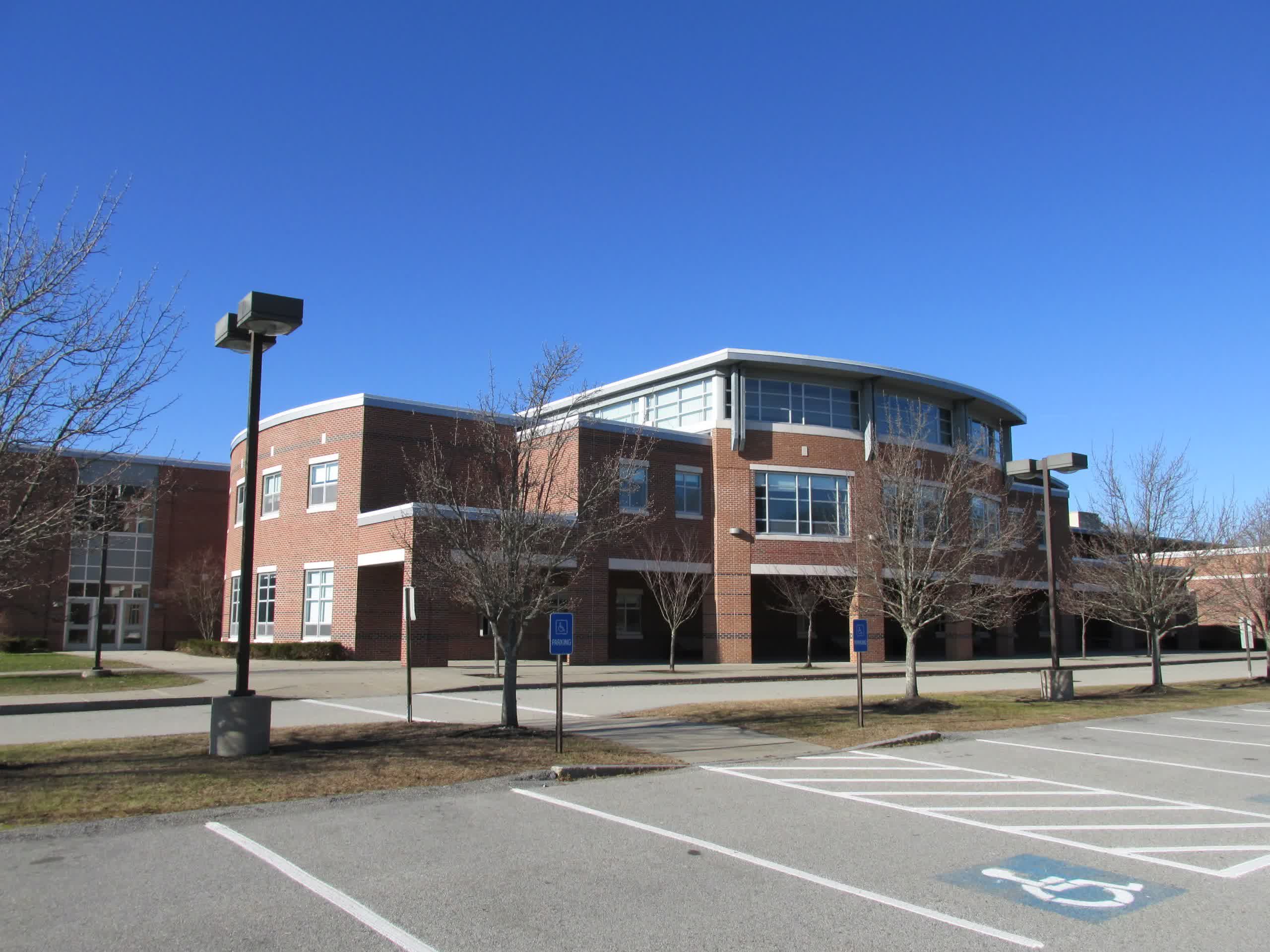Serving tech enthusiasts for over 25 years.
TechSpot means tech analysis and advice you can trust.
A hot potato: Schools battling against the trend of students using artificial intelligence may have another fight on their hands: parents who support their children's use of AI. In Massachusetts, a school district is being sued by the mother and father of a boy who was punished for using a chatbot to complete an assignment, something they say was not explicitly prohibited, even though it appears to be.
The student in question, identified only by his initials, RNH, admitted to Hingham High School teachers that he had used AI to complete a Social Studies project in December. He claimed the tool was only used for research and not to write the entire paper.
Despite his pleas of innocence, RNH and his classmate were given Saturday detention and a grade of 65 out of 100 for the assignment, as well as multiple zeros for different portions of the work. This meant his average in the "college-level, advanced placement course" allegedly dropped from 84 to 78. Both students were also barred from selection for the National Honor Society. This decision was later reversed, but not in time for RNH's applications to colleges for early decision.
RNH's parents, Jennifer and Dale Harris, say this has harmed his chances of getting into Stanford University and other elite schools, so they've decided to sue.
Hingham High School
Defendants in the case, which is being heard at the US District Court for the District of Massachusetts, include the superintendent, principal, a teacher, the history department head, and the Hingham School Committee.
The Harrises allege that the Hingham High School student handbook does not explicitly prohibit the use of AI to complete assignments.
"The Plaintiff Student will suffer irreparable harm that far outweighs any harm that may befall the Defendants," their filing reads.
"He is applying to elite colleges and universities given his high level of academic and personal achievement. Early decision and early action applications in a highly competitive admissions process are imminent and start in earnest on October 1, 2024. Absent the grant of an injunction by this Court, the Student will suffer irreparable harm that is imminent."
The plaintiffs want the incident removed from their son's academic records. They also request that he receive a B grade for the assignment, and want an order requiring defendants "to undergo training in the use and implementation of artificial intelligence in the classroom, schools and educational environment by a duly qualified third party not employed by the District."
"The defendants continued on a pervasive, destructive and merciless path of threats, intimidation and coercion to impact and derail [our son's] future and his exemplary record," the Harris family alleges.
The school has filed a motion to dismiss the case. It claims that RNH and his classmates were given a copy of the student handbook in the Fall of last year. It bans "unauthorized use of technology, including Artificial Intelligence (AI), during an assignment" and "unauthorized use or close imitation of the language and thoughts of another author and the representation of them as one's own work." The class was also given a copy of a "written policy on Academic Dishonesty and AI expectations," which prohibits the use of AI tools unless explicitly permitted and instructed.
"Incredibly, RNH and his parents contend that using AI to draft, edit and research content for an AP US History project, all while not citing to use of AI in the project, is not an 'act of dishonesty,' 'use of unauthorized technology' or 'plagiarism,'" the defendants wrote.
"RNH unequivocally used another author's language and thoughts, be it a digital and artificial author, without express permission to do so," the school argues.
"Furthermore, he did not cite to his use of AI in his notes, scripts or in the project he submitted. Importantly, RNH's peers were not allowed to cut corners by using AI to craft their projects; thus, RNH acted 'unfairly in order to gain an advantage.'"
Unless a settlement can be reached, the case will go to court later this month.
Center image: John Phelan



/cdn.vox-cdn.com/uploads/chorus_asset/file/25697380/STK071_APPLE_A.jpg)



:quality(85):upscale()/2024/10/31/831/n/49351773/b7bf33836723d2f0643c55.51137847_.jpg)
:quality(85):upscale()/2024/10/30/955/n/42301552/28e49c1e6722ab5b973b38.46745005_.jpg)

 English (US) ·
English (US) ·